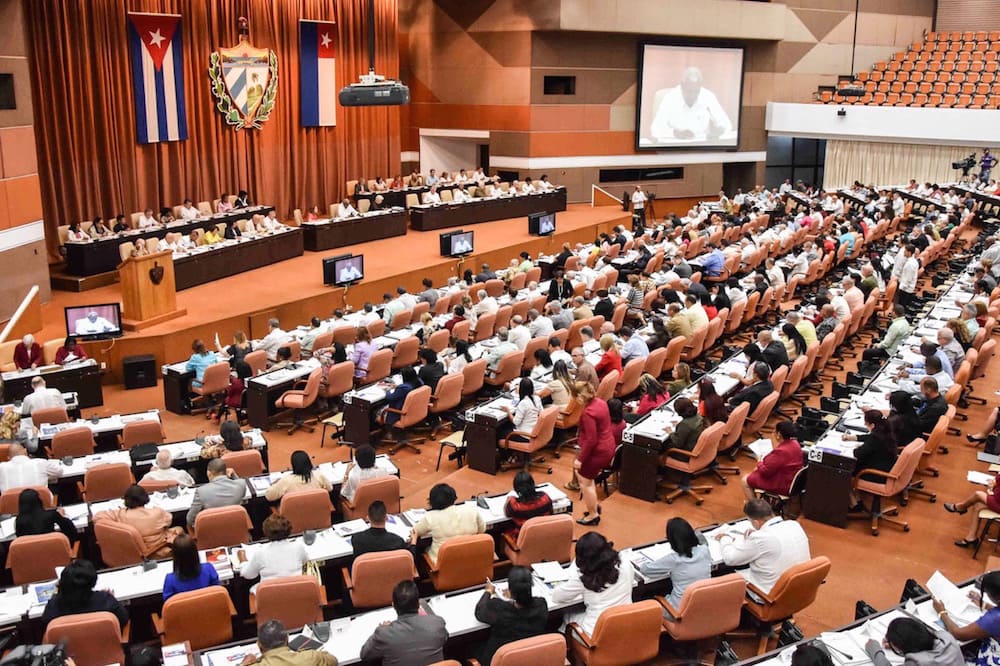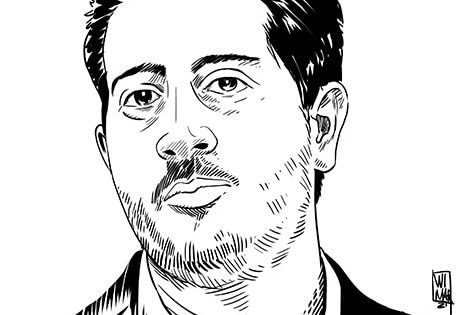A proposed amendment to the penal code is risking criminalizing funding for independent journalists and media organizations.
This statement was originally published on cpj.org on 1 February 2022.
Cuba’s National Assembly should reject a proposed amendment to the penal code that risks criminalizing funding for independent journalists and media organizations, the Committee to Protect Journalists said Tuesday.
On January 20, Cuba’s Supreme Tribunal proposed a bill amending the penal code to prohibit Cuban citizens from receiving foreign funding, a move that could be used to silence independent journalists and outlets who rely on this type of funding to operate, according to news reports and Laritza Diversent, executive director of Cubalex, a nonprofit Cuban organization that provides free legal assistance, who spoke to CPJ via messaging app.
“The amendment to Cuba’s penal code barring Cubans from receiving foreign funding could have catastrophic effects on journalists and media outlets on the island,” said Ana Cristina Núñez, CPJ’s Latin American and the Caribbean senior researcher. “In a country where private media is illegal and journalists have no possibility of obtaining local funding, prohibiting foreign funding is a death sentence to independent journalism.”
Article 143 of the bill, which CPJ reviewed, sanctions any individual who, for themselves or on behalf of a non-governmental organization or other entity, provides, receives, or has in their possession funds, material, or financial resources from a local person or entity or a foreign state “with the purpose of engaging in activities against the State or its constitutional order.” Violating the article can carry a 10-year prison sentence.
“We depend on foreign funding for everything, and the regime knows this perfectly well,” a representative of one of Cuba’s independent news websites, who asked to remain anonymous for security reasons, told CPJ. “From the salaries of our local reporters, to paying for our equipment, to paying for our internet service; for everything, really.”
The bill is expected to be debated in April, Diversent told CPJ. CPJ reached out to Cuba’s Supreme Tribunal and National Assembly for comment, but the phone calls went unanswered.
“The rule is too wide and vague. The terms are not defined, and this is done on purpose, so that it can apply to anyone in any circumstance,” Diversent told CPJ. “Independent journalists and human rights defenders, most of whom rely on foreign support as their sole source of funding, are most at risk.”
CPJ has documented several cases where Cuban authorities have censored journalists and accused them of committing crimes against the state in retaliation for their journalism.



